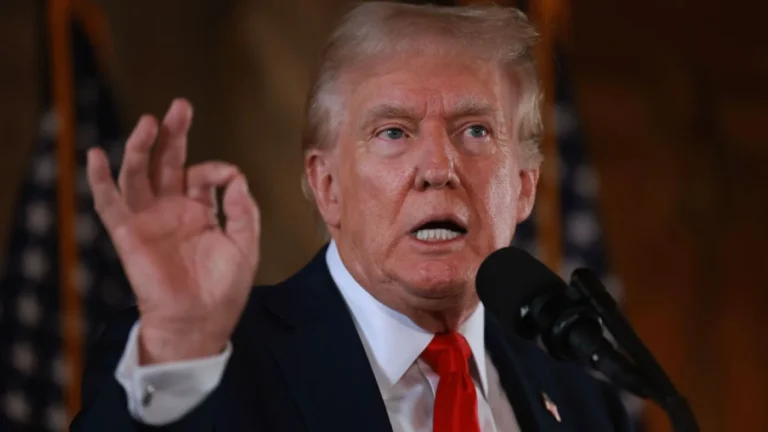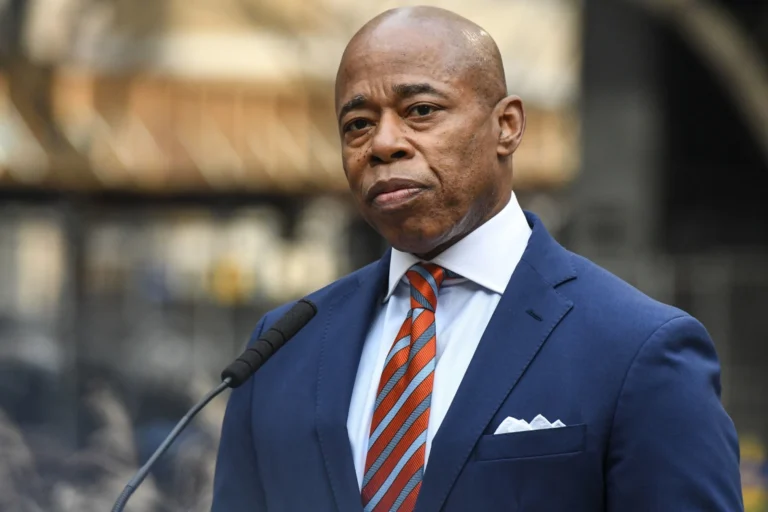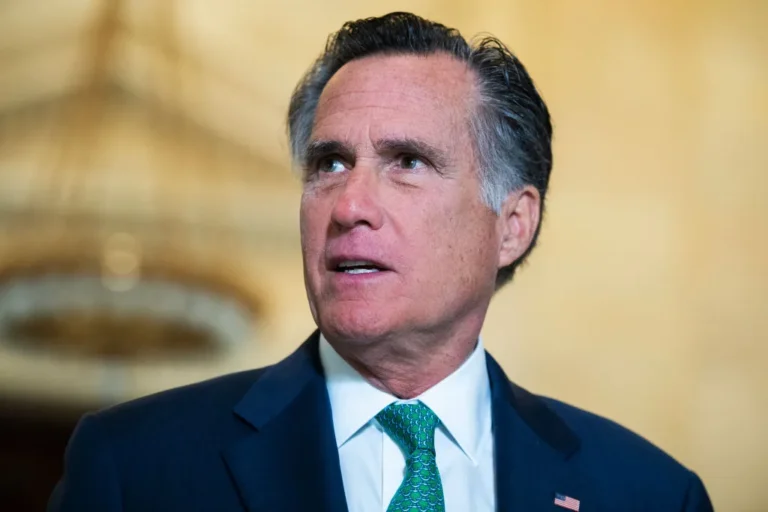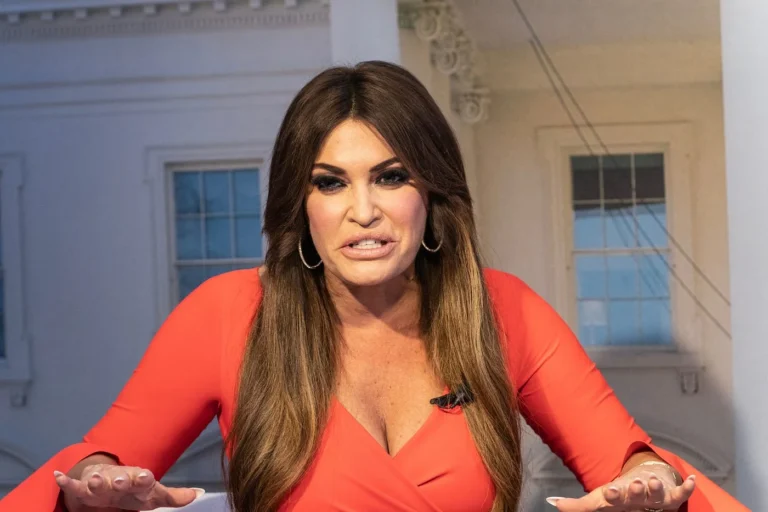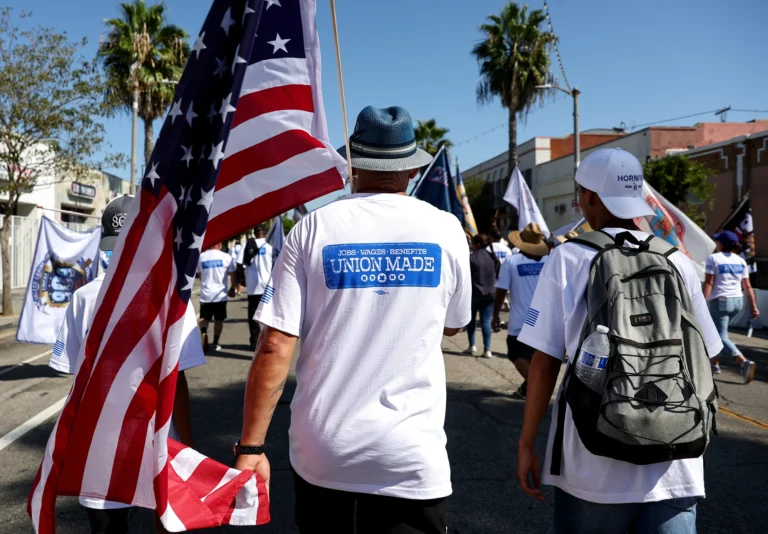During a media event in Ottawa focused on immigration levels, Canadian Prime Minister Justin Trudeau addressed questions about his leadership amidst signs of internal dissent within his own Liberal Party caucus. Trudeau affirmed his commitment to leading the Liberals into the next federal election, scheduled for October 2025. “As a party, we’ve always had robust discussions about the best way forward. We’ll continue to have them with me as leader,” Trudeau told reporters, emphasizing that he remains at the helm of his party, despite growing discontent among certain members.
Trudeau’s remarks came after he faced a potential challenge from over two dozen of his MPs who had expressed frustration with his leadership. Reports indicate that these MPs, including at least 20 who voiced concerns in a recent caucus meeting, have issued an ultimatum, urging Trudeau to consider a secret ballot vote on his leadership by October 28. They cited various grievances, including the Liberals’ declining popularity and what they see as a need for fresh direction ahead of the next election.
Despite this pressure, Trudeau maintained a confident stance. Flanked by supportive Liberal MPs at the Ottawa event, Trudeau was received with applause and gestures of support as he responded to questions. Observers noted that the optics of the event, with MPs offering visible backing, were likely designed to reinforce the message that Trudeau retains a strong base of support within his caucus. He reiterated that he has no plans to step down, and that internal debates would continue “with me as leader.”
The event also gave Trudeau an opportunity to address another prominent concern: Canada’s high immigration levels. He announced plans to adjust immigration targets, a move in response to growing public concern over housing affordability and strain on essential services. Over recent years, high immigration rates have been widely linked to pressures on the Canadian housing market and increased demand for public services, including healthcare and transportation. As housing prices continue to rise in major cities, some Canadians are questioning whether the country’s infrastructure can adequately accommodate the influx of newcomers. Trudeau acknowledged these concerns and highlighted his government’s commitment to achieving a balanced approach that respects both economic needs and social infrastructure capacities.
However, Trudeau’s announcements did not quell criticisms from opposition leader Pierre Poilievre of the Conservative Party, who has been vocal in his opposition to the Liberal government’s approach to both immigration and housing policy. Poilievre has repeatedly challenged Trudeau’s policies, accusing the government of mismanaging the economy and inflating housing prices. Trudeau, in turn, took the opportunity to go on the offensive, describing Poilievre’s rhetoric as “misinformation” and “disinformation.” He framed the upcoming election as a crucial contest, emphasizing that his party’s conversations about strategy would continue with him as leader as they prepare to challenge the Conservatives in 2025.
The internal pressure on Trudeau is likely a result of both declining poll numbers and a sense of urgency among some Liberals to rejuvenate the party’s image. According to the CBC News Poll Tracker, the Conservative Party currently holds a commanding lead, with 42.5% support, translating into a projected 217 seats in the House of Commons. By comparison, the Liberals stand at only 23.2%, which would yield a mere 61 seats if an election were held today. With the House of Commons set to expand to 342 seats in 2025, this polling gap suggests that Trudeau and the Liberals could face a challenging path to retain power.
Some Liberal MPs worry that Trudeau’s personal popularity, which has waned over the past 18 months, may continue to drag down the party. His approval ratings have been impacted by various issues, including the handling of the COVID-19 pandemic, inflation, and housing affordability. These challenges have led some party members to question whether he remains the best candidate to lead them into the next election. However, Trudeau appeared undeterred by these criticisms. When asked about the tensions within his party, he responded with optimism, asserting that “the party is strong and united.” He left the recent caucus meeting with a smile, a gesture some have interpreted as a show of confidence.
The lack of cabinet-level support for the dissidents also strengthens Trudeau’s position. Currently, none of the sitting cabinet ministers are reported to have joined the MPs pushing for his resignation. This suggests that, while some backbenchers may be dissatisfied, the core of Trudeau’s government remains loyal. Trudeau’s aides have also downplayed the scale of the dissent, framing it as a healthy sign of a democratic party rather than an outright rejection of his leadership.
Looking forward, Trudeau faces a critical period as he seeks to rebuild support within his party and regain favor among the Canadian public. His strategy appears to be twofold: addressing public concerns on high-priority issues such as immigration and housing, while positioning himself as the leader who can effectively counter Poilievre’s messaging. Whether this approach will help him retain his leadership and ultimately succeed in the 2025 elections remains to be seen.
For Trudeau, the next year will likely be crucial in determining not only his political legacy but also the future trajectory of the Liberal Party. As he navigates these internal challenges and prepares for a high-stakes electoral battle, his leadership will be tested both by his opponents and by his own party’s expectations.

